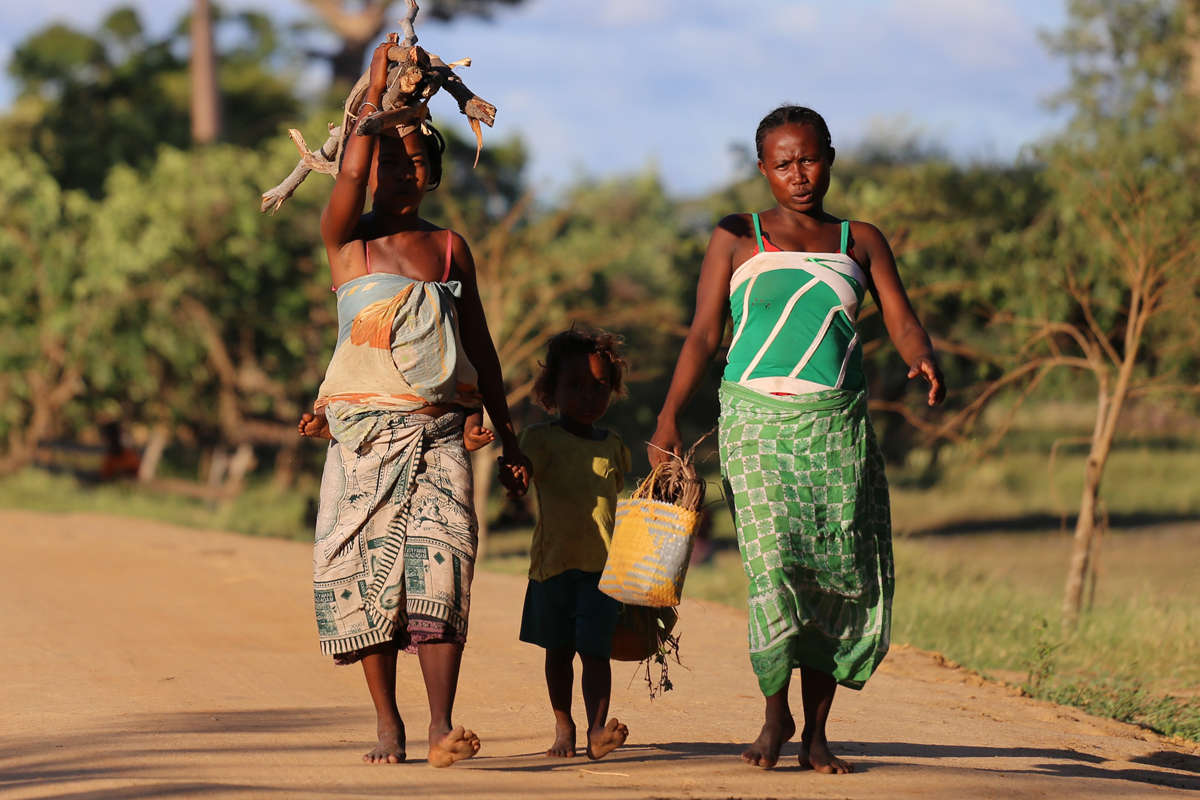Southern Africa is currently experiencing a number of political, social, economic and environmental challenges. This is despite the existence of the Southern African Development Community (SADC) – a regional body created to promote regional integration. The challenges being faced by the region are inextricably intertwined such that political crises, for instance, usually perpetuate salient economic, social and environmental challenges and vice versa. While some of the challenges affect individual Member States more than others, their implications are of a transboundary nature. The crises in Zimbabwe, has had economic and political implications in neighbouring South Africa, Botswana and Namibia. On the other hand, the social tensions in South Africa culminated in xeno- phobic attacks on non-South Africans who were accused of taking away opportunities from locals.
Despite clear common values on good governance, democracy and peace provided for in the SADC Treaty, the regional block is yet to fulfil its mandate. Admittedly, the SADC Secretariat has on record implored Member States to foster peace and development in their respective countries. Despite the World Bank 2018 Report acknowledging SADC as the most stable region on the continent, countries like Swaziland, Zimbabwe, the Democratic Republic of Congo (DRC), Lesotho, South Africa, Mozam- bique and Madagascar, continue to face social, economic and political crises of varying degrees. Cu- mulatively the political crises have the potential not only to cause national instability but destabilise the regional as a whole.
SADC governments are also synonymous with overprotecting the interests of multinational companies at the expense of local communities and entrepreneurs. This is more pronounced in the agriculture and extractive sectors. Unsustainable extractivism thrives and many natural resource-rich SADC Member States exhibit the natural resource curse. In the agriculture sector, the majority of Member States are promoting technologies that facilitate the proliferation of Genetically Modified Organisms (GMOs) at the expense of Open Pollinated Varieties (OPVs) which small-scale farmers produce and depend on. The informal sector continues to sustain most of the SADC countries although it is not supported and is criminalised due to lack of harmonised and reformed laws to address the current contexts of most Member States. Social service provision is continuously threatened in the wake of privatisation of public services manifesting in various forms including Public-Private Partnerships (PPPs) which are being adopted in key sectors such as health, education and water and sanitation. All these challenges affect mostly marginalised groups including People With Disabilities (PWDs), women, youths, smallholder farmers, artisanal and small-scale miners as well as informal traders.
While politicians in the SADC region are jostling for power, courting big businesses and deepening the SADC crisis, citizens are continuously marginalised and disenfranchised as spaces for engage- ment are diminishing and not friendly for citizens’ participation. Citizens are clearly at the receiv- ing end of the political shifts taking place in the respective countries. SADC citizens continue to be starved of spaces to engage and inform the development of the region both at the member states and regional level. The SADC regional bloc has essentially remained state-centric and driven by bi- lateral and multilateral donor institutions and private sector interests. The crises that SADC faces as a region demands that citizens, who are the rights holders, have a voice that is not only heard but that matters in finding solutions.
This policy paper is informed by the outcomes of the successive SADC People’s Summits of the past ten years. Having made several demands through the People Summit communiqués for the past 10 years and specific letters to the SADC Secretariat and the SADC Heads of State and Governments Summit itself. The policy paper, thus consolidates the common challenges that require redress in the region and proffer specific recommendations to both the individual Member States and the regional bloc as a whole.
Read The Full Report Here



